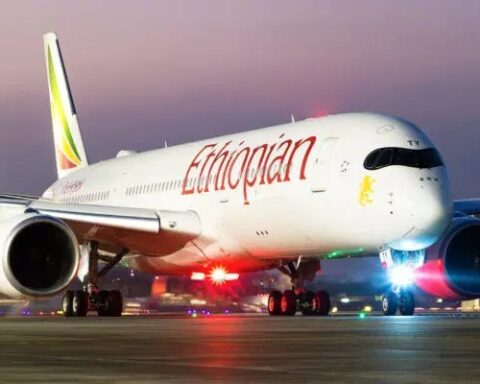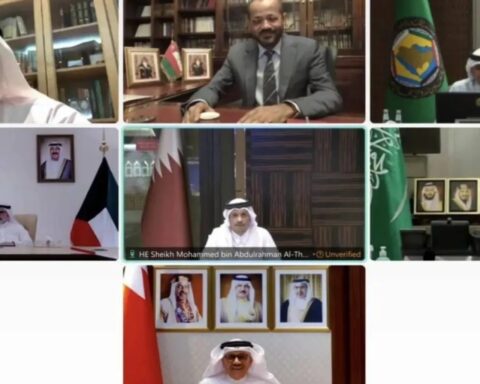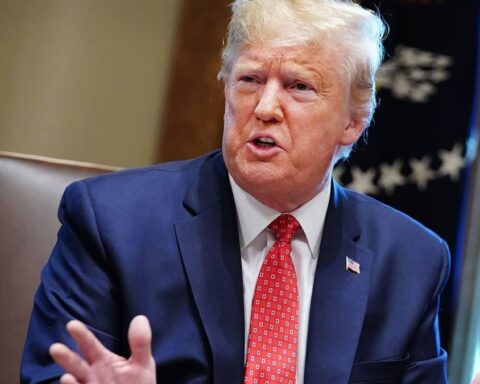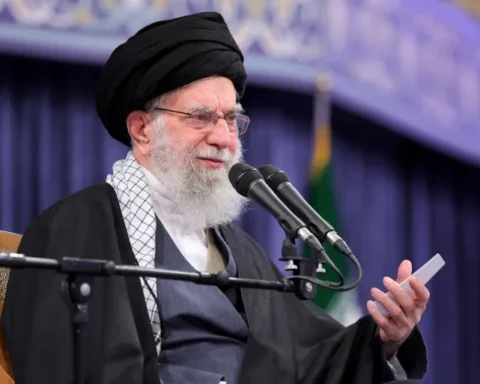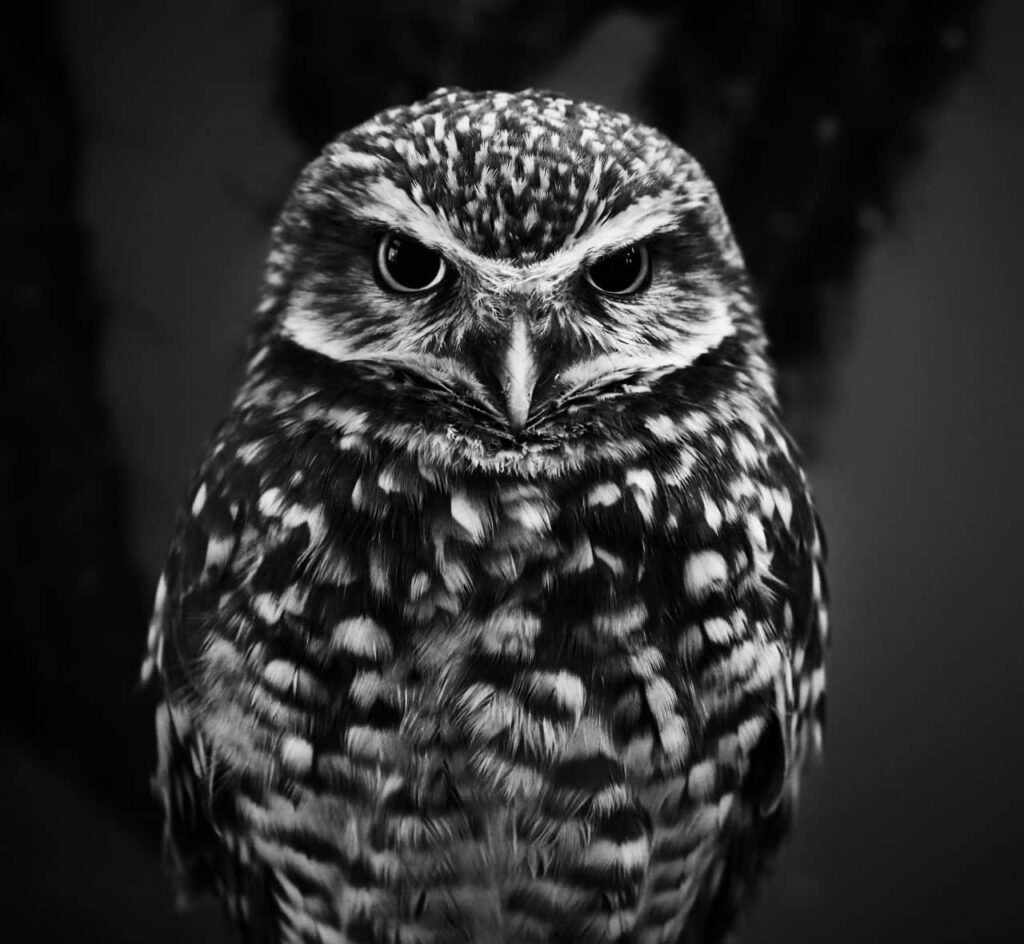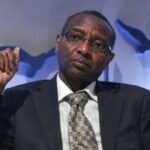Cameroon’s 92‑year‑old President Paul Biya, the world’s oldest sitting head of state, is facing an unprecedented challenge — not just from opposition forces, but from within his own political circle. As the October 5, 2025, presidential election nears, two of his former senior ministers have stepped into the fray.
Issa Tchiroma Bakary, once Biya’s communications director and minister of employment, resigned on June 24 and officially declared his candidacy on June 25. He launched his campaign with the slogan: “Le peuple au pouvoir” (“The people in power”), framing his run as a break from a government “that has run out of steam” .
Bello Bouba Maigari, the current tourism minister and ex-Prime Minister, followed suit days later. Hailing from northern Cameroon, he announced his bid on June 28 and secured his party’s nomination while still in cabinet .
These defections from Biya’s inner circle—both powerful figures from the Muslim-majority North—signal deepening cracks in the ruling Cameroon People’s Democratic Movement (CPDM). As Critical Threats notes, their exits could “fragment CPDM’s electoral base in northern Cameroon”.
Biya, in power since 1982, has not publicly confirmed whether he will run again. At age 92, health concerns and rumors of decline have fueled debate. Critics and civil society groups urge him not to stand, arguing that a president of his age risks national stability .
The political climate is tense: the National Assembly recently approved delaying legislative and local elections until 2026—a move widely seen as recalibrating political timelines in Biya’s favor . Meanwhile, civil society, academics, and church leaders are calling for a rejection of Biya’s candidacy, labeling it “unrealistic” and detrimental to democracy .
The North—encompassing Adamawa, Far North, and North regions—is pivotal in Cameroon’s electoral calculus, holding nearly 40% of the voter population. With both Tchiroma and Maigari commanding strong northern support, their entries threaten the CPDM’s longstanding dominance .
Some view these breakaway candidacies not as genuine challenges but attempts by insiders to preserve their power amid rising discontent. Yet for voters weary of Biya’s tenure, they present a tantalizing alternative.
Beyond internal disputes, Cameroon’s broader political landscape is evolving:
A coalition of opposition parties—led by Maurice Kamto—is attempting to unite behind a single candidate, though fragmentation remains a major obstacle .
Rising figures like Cabral Libii, Akère Muna, Aboubakar Siddiki, and even Biya’s son, Franck Biya, are now being mentioned as potential contenders .
Youth sentiment is gelling around change. With over 60% of Cameroonians under 25, many see this election as a crucial pivot away from a stagnant, gerontocratic status quo .
International watchers—like Fitch, Human Rights Watch, and Amnesty—have flagged growing authoritarianism and constrained political space as serious concerns. Internet restrictions, arrests, and stymied civic engagement are clouding perceptions of democratic integrity .
With the election set for October 5, 2025, Cameroon finds itself in a watershed moment. For the first time, internal CPDM fractures threaten to reshape the political field. Whether Paul Biya confirms his run or steps aside, the unfolding rivalry hints at a possible generational and regional realignment in Central Africa’s long-reigning executive.

